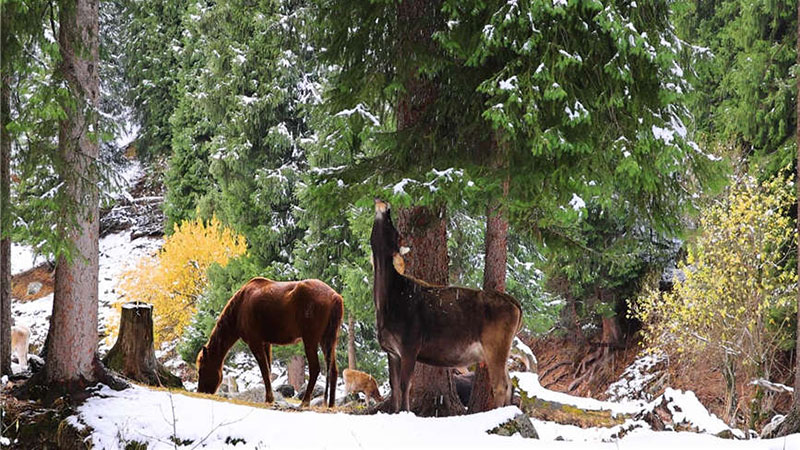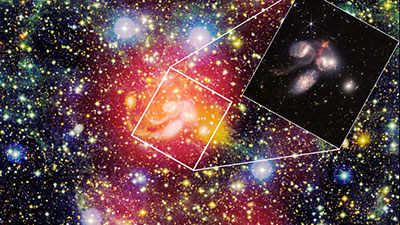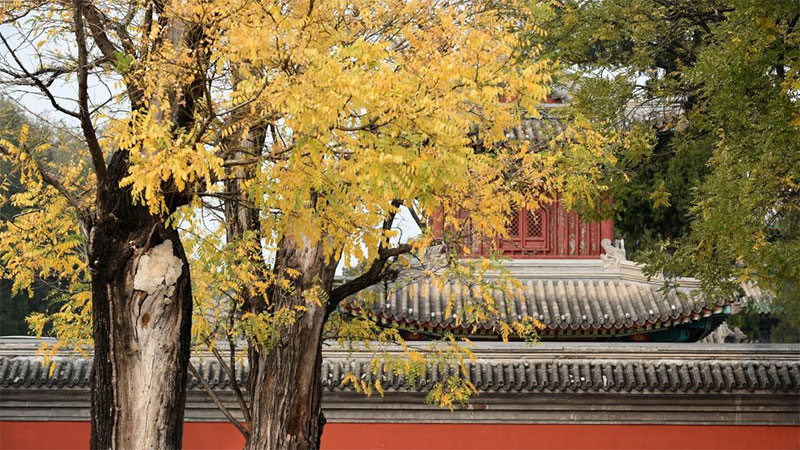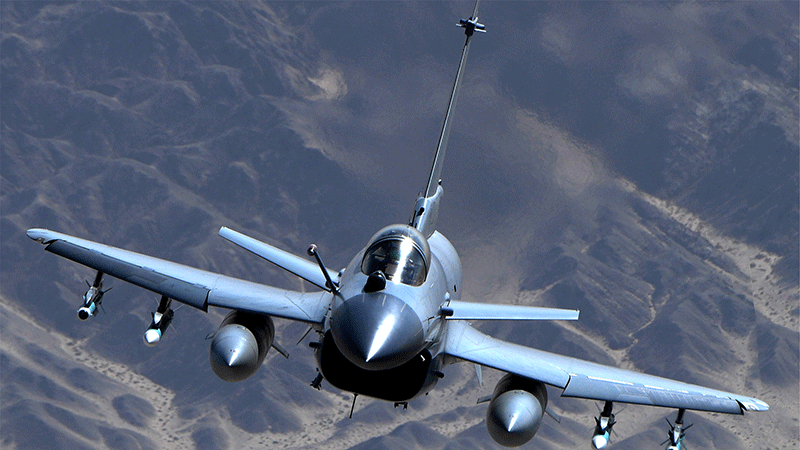Scientists in Hong Kong, Macao flock to sign up for Chinese space missions
HONG KONG, Oct. 27 (Xinhua) -- Scientists and engineers in China's Hong Kong Special Administrative Region (HKSAR) as well as the Macao Special Administrative Region (SAR) have responded with great enthusiasm to the first-ever opportunity to join the country's manned space missions.
Applications for payload specialists, a type of astronauts who are mainly responsible for conducting aerospace experiments and research, closed Thursday in the HKSAR, following the prior application deadline in the Macao SAR.
The recruitment drive was launched earlier this month, marking the first time that the country recruits candidates for payload specialists from the two SARs.
The Innovation, Technology and Industry Bureau of the HKSAR government, which is in charge of the screening process in Hong Kong, said that it had received nearly 50 applications by Wednesday, many of which came from universities, research institutes and local companies.
The number was considered desirable regarding the strict requirements for payload specialists.
According to official announcements, the candidates must be Chinese nationals aged between 30 and 45, with a doctoral degree in a relevant field and at least three years of professional working experience in a relevant discipline. They also need to meet certain physical attributes.
Benny Zee, director of the office of research and knowledge transfer services of the Chinese University of Hong Kong (CUHK), told Xinhua that both the number of applicants from the CUHK and the variety of their backgrounds were beyond his expectation.
"Everyone was so excited. Hong Kong has a competitive edge in basic research, and the recruitment for payload specialists is very inspiring for the scientists as it gives them an opportunity to take part in national research projects," he said.
For young scientists in Hong Kong and Macao, the sky is no longer the limit.
Hao Xiaotian, a 31-year-old PhD graduate from the Hong Kong University of Science and Technology, said he decided to sign up the moment he was notified of the opportunity.
"I never thought my childhood dream of being an astronaut could come true one day," he said.
As a co-founder of a startup on artificial intelligence (AI) farming technology, Hao uses AI to raise crabs. He wondered what would a "space crab" be like, and more importantly, how can humans breed crabs and other kinds of food in space in case humans could settle on other planets.
Vivien Ya Fan Wang, an associate professor specializing in biochemistry at the University of Macao, also expects to conduct research in space.
If she was fortunate enough to go into space, she said, she would be interested to learn how the microgravity environment affects gene expression, protein structure and function, as well as the cell cycle.
"Through the basic research, I hope to lay a solid foundation for future astrobiology explorations," she said.
Home to several world-renowned universities, Hong Kong and Macao enjoy a competitive edge in basic research. However, how to commercialize the research findings and turn knowledge into lucrative industries has been a bottleneck constraining local technological advancement. The payload specialist recruitment drive would be an opportunity to speed up innovation development in Hong Kong and Macao, analysts said.
"It's a catalyst for change in the new space economy in Hong Kong," said Quentin Parker, director of the Laboratory for Space Research of the University of Hong Kong.
Sun Dong, secretary for innovation, technology and industry of the HKSAR government, said that aerospace is an important industry for Hong Kong in terms of industrial development, and aerospace technology will support Hong Kong's technological and economic development in the future.
The payload specialist recruitment drive has also inspired many young people in Hong Kong and Macao to pursue their dreams of space and Aidan Wong, a primary school student from Hong Kong, is one of them.
Every two weeks, Wong will go to the Hong Kong Space Museum to learn about astronomy and he dreams of becoming a scientist.
Learning that he would one day have the opportunity to become an astronaut, he made his goal clearer.
"I will go into space and become an astronaut studying black holes," he said.
Photos
Related Stories
- China's space station lab module Mengtian ready for launch
- SpaceX launches 54 more Starlink internet satellites into space
- Rocket for Tianzhou 5 arrives at launch site
- China to livestream class from space station lab module
- China's Mengtian space lab fueled up for upcoming launch
- China launches space-based observatory to unravel the Sun's secrets
- HK, Macao start to select space experts
Copyright © 2022 People's Daily Online. All Rights Reserved.









